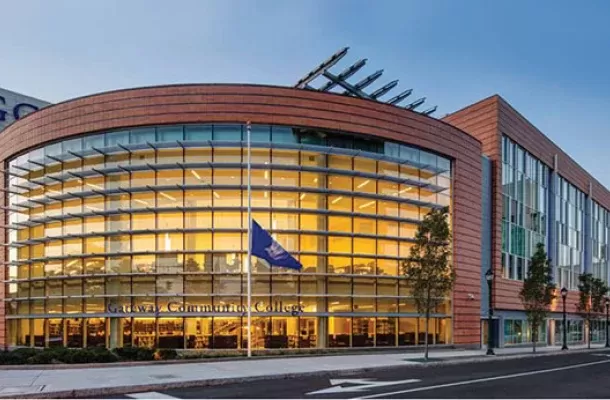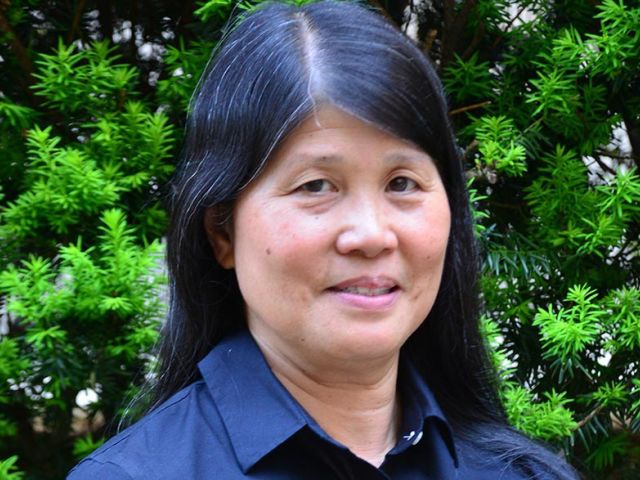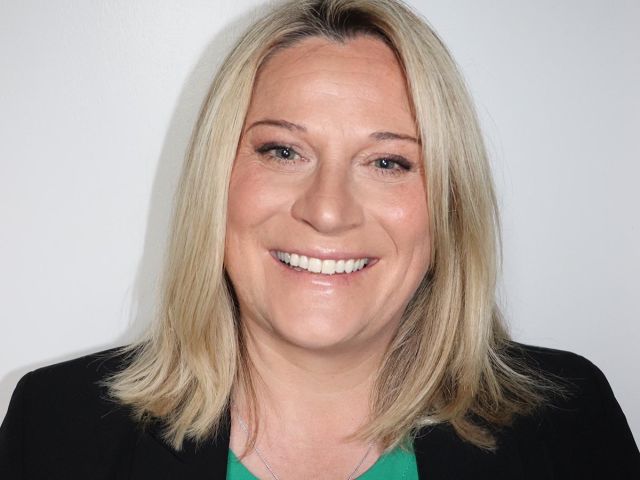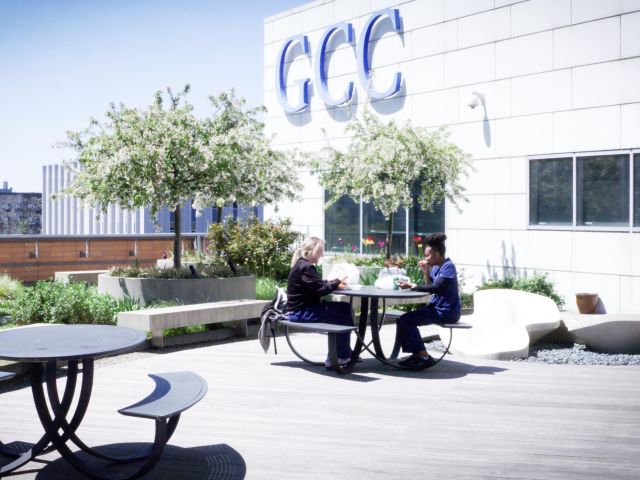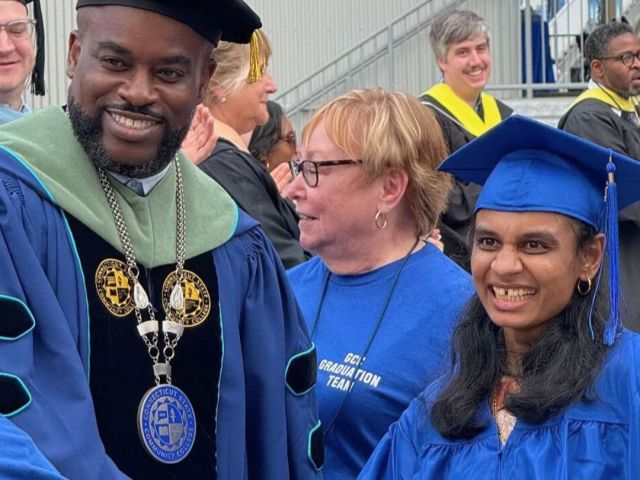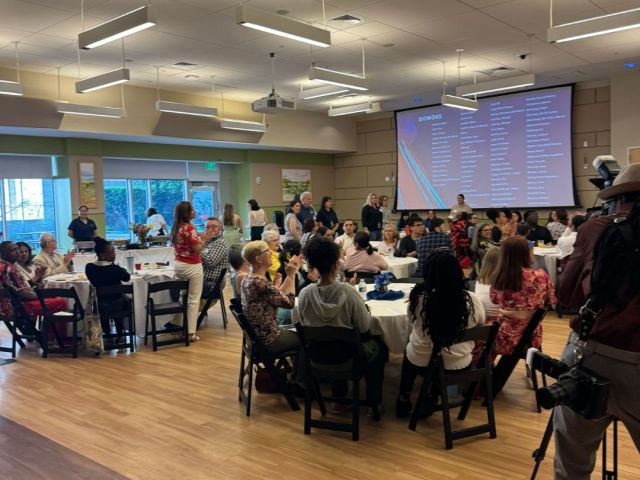News Center
Bringing you the latest news and events from Gateway Community College.
Finding New Ways to Help Foster Youth Get into College, Stay in College and Graduate
Share
ationally, less than four percent of young people who grow up in foster care graduate from college; in Connecticut, just eight percent do. More than 70 social workers, counselors, grant providers, and Gateway Community College (GCC) faculty and staff gathered October 15 for the Foster Youth Initiative’s Convening of Partners. Their goal: to collaborate on finding new ways to help foster youth get into college, stay in college and graduate.
“It was a very successful gathering of stakeholders who all want to see foster youth in our community have a strong future,” said James Boger, the coordinator of GCC’s Center for Students and Families which has taken a leading role in the initiative. “We want them to know that Gateway has created a sense of community for those students as well as an extensive safety net.”
Speakers at the event included Dr. Mark Kosinski, Dean of Academic Affairs, Wendy Jackson of the Department of Children and Families, Mary Ellen Cody, GCC Dean of Development and Community Partnerships, and Dr. Wilson Luna, Dean of Student Affairs. The directors of Student Success Services also spoke about the role they play and the ways they can help students succeed at Gateway. Three GCC students also spoke about their experiences and how those services have helped them to stay in school and thrive. Speakers from Columbus House and Marrakech shared the significance of their partnerships with GCC’s Center for Students and Families.
The Foster Youth Initiative began in 2011 when the Annie E. Casey Foundation approached GCC about working together on the issues that affect young people who have grown up in the foster system.
“We are proud of where we are going in Connecticut but considering 20-25 percent of the population in the United States has a college degree, we still have a long way to go,” said Yolanda Caldera-Durant, a program associate for the Annie E. Casey Foundation which has funded the Foster Youth Initiative. “This is such an important step, having all of us convening and talking together, continuing to work on solutions.”
Boger said the conference reflected the connections GCC has made with the Department of Children and with counselors and social workers from high schools in the region. “Where we once had a connection to three high schools, we now have a connection to 13,” he said.
Because life for young people who have grown up in the foster system can be tumultuous and may involve living in a number of different homes, changing schools, students face an array of challenges in class and outside of it. They may struggle academically in high school and find the transition to college difficult. In Connecticut, students are terminated from foster care at 21 and are often thrust into the complexities of suddenly paying rent, utility and food bills, having neither health care nor any financial support for college tuition.
This is where GCC and the Center for Students and Families and GCC’s myriad other services come into play, Boger said. “We counsel students. We refer students out to various services. We accompany them so they can learn to advocate for themselves for all the services they need,” he said. “They gain confidence and they learn negotiating skills.”
Boger said he keeps tabs on every student in the program and emails professors to check on progress or he picks up the phone to call a student if he or she has started to miss class. Already, he said, the initiative is having positive results. Last semester, Boger said of 26 identified students, 14 chose to accept services and of those students, 13 completed the semester and nine returned this year. “We will continue to build on that,” he said.
One student who spoke at the event said Gateway has been like a lifeline to her. As a foster youth, she had many issues that affected her life in high school and she said she felt too ashamed to tell anyone. She had to work full time and her grades slipped. She had to go to summer school and rather than walk across the field to get her diploma, she walked across her cafeteria once summer school ended and it just wasn’t the same. But now, she says, she is on track to graduate and says GCC’s support services have been invaluable to her. She learned study skills; she now buckles down to study all the time. “I am going to walk across that college stage when I graduate,” she said.
Added Boger, “A community college education is a ticket to a better life. In this technological society with a global economy, you really cannot do much without a college degree. We want young people in transition from foster care to know that and to seek us out.”
